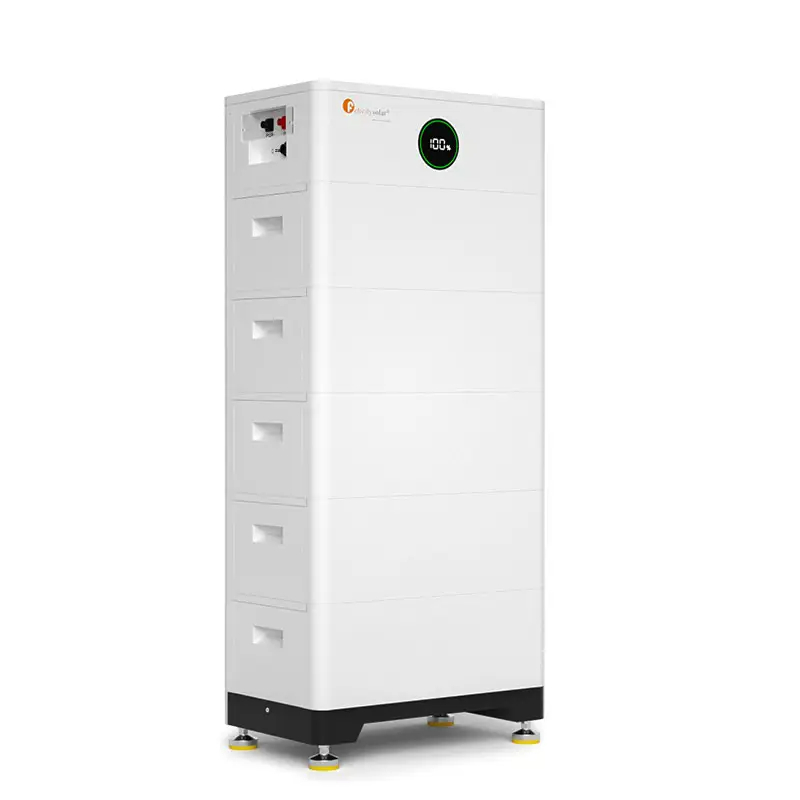-
 FAST SHIPPING
FAST SHIPPING
-
 COMPETITIVE PRICE
COMPETITIVE PRICE
-
 EXCELLENT AFTER-SERVICE
EXCELLENT AFTER-SERVICE
- Home
- Products
- PV Panel
- Full Black Solar PV Modules TP 410W
- Full Black Bifacial Solar PV Modules 420W
- Full Black Solar PV Modules TP 430W
- Solar Module 550W
- Flexible Solar Module 375W
- LONGi-LR5-72HTH-565W Silver Frame Solar Panel
- SUNTECH-STP420S-420W Full Black Solar Panel
- JASolar 435W JAM54D41 Full Black Bifacial Glass Solar Panel
- TW SOLAR 610W MNH66HD Bifacial Solar Panel
- Jinko 620W 66HL4M-BDV Bifacial Solar Panel
- Solar Inverter
- Solar Storage Battery
- Residential Photovoltaic Kits
- Solar Panel Brackets
- Balcony/Garden Photovoltaic Kits
- Outdoor Power Station
- Deye SUN-8K-SG04LP3-EU Three Phase Low Voltage Hybrid Inverter
- Photovoltaic Accessory
- C&I ESS Solution
- PV Panel
- About Us
- News & Events
- Contact Us
Web Menu
- Home
- Products
- PV Panel
- Full Black Solar PV Modules TP 410W
- Full Black Bifacial Solar PV Modules 420W
- Full Black Solar PV Modules TP 430W
- Solar Module 550W
- Flexible Solar Module 375W
- LONGi-LR5-72HTH-565W Silver Frame Solar Panel
- SUNTECH-STP420S-420W Full Black Solar Panel
- JASolar 435W JAM54D41 Full Black Bifacial Glass Solar Panel
- TW SOLAR 610W MNH66HD Bifacial Solar Panel
- Jinko 620W 66HL4M-BDV Bifacial Solar Panel
- Solar Inverter
- Solar Storage Battery
- Residential Photovoltaic Kits
- Solar Panel Brackets
- Balcony/Garden Photovoltaic Kits
- Outdoor Power Station
- Deye SUN-8K-SG04LP3-EU Three Phase Low Voltage Hybrid Inverter
- Photovoltaic Accessory
- C&I ESS Solution
- PV Panel
- About Us
- News & Events
- Contact Us
Product Search
Exit Menu
Product categories
News categories
RECENT POSTS
-
Why Thermal Management Is the Unsung Hero of High-Power EV Charging Pile Performance
Apr 28,2025 -
How Power Electronics Are Shaping the Performance and Efficiency of Modern EV Charging Piles
Apr 23,2025 -
Lietuva investuoja į tvarumą: 15 mln. eurų parama atokiems saulės energijos parkams plėtoti
Apr 21,2025 -
Lithuanian Government Introduces €15 Million Scheme to Support the Development of Remote Solar Power Plants
Apr 21,2025 -
Atnaujintos paramos sąlygos saulės elektrinėms: virš 50 mln. Eur kvietimai jau vasario pabaigoje
Apr 21,2025
What impact do solar batteries have on energy accessibility in remote or underserved areas?
Solar batteries play a pivotal role in enhancing energy accessibility in remote or underserved areas, bridging the gap between energy availability and the needs of communities that might otherwise lack reliable power sources. In regions where extending traditional electricity grids is logistically challenging or economically unfeasible, solar batteries offer a viable solution to provide consistent, renewable energy. These batteries store excess electricity generated by solar panels, enabling communities to harness solar power even during periods of low sunlight or at night, thereby ensuring a more stable and reliable energy supply.
The impact of solar batteries on energy accessibility is particularly significant in remote or off-grid areas. Traditional energy infrastructure often requires extensive and costly investments in infrastructure such as power lines and substations. For many remote communities, the financial and logistical barriers to developing such infrastructure are prohibitive. Solar power combined with battery storage presents a decentralized approach to energy distribution, where solar panels capture and convert sunlight into electricity, and batteries store this energy for use when needed. This model reduces reliance on complex grid systems and enables communities to generate and manage their own energy resources.

In underserved regions, where electricity access may be sporadic or non-existent, solar batteries offer a means to power essential services and improve quality of life. For instance, they can provide electricity for lighting, communication devices, and medical equipment, which are critical for daily living and health care. Access to reliable energy can also support educational activities by powering lights and electronic devices, thus extending productive hours and facilitating better learning environments. Furthermore, solar batteries can help boost local economies by enabling small businesses and agricultural activities that rely on electric power for operations.
The benefits extend beyond individual households and businesses. In areas prone to frequent power outages or unstable grids, solar batteries provide a level of resilience and security. They act as a backup power source during outages, ensuring that communities can maintain essential functions and services. This increased reliability is particularly valuable in disaster-prone regions, where traditional energy infrastructure might be damaged or disrupted.
Moreover, the use of solar batteries aligns with broader sustainability goals by reducing dependence on fossil fuels and lowering greenhouse gas emissions. Remote and underserved areas often rely on diesel generators or other polluting sources for energy, which can be costly and environmentally damaging. By switching to solar power and incorporating battery storage, these communities can reduce their carbon footprint and foster a cleaner, more sustainable energy future.
Solar batteries significantly enhance energy accessibility in remote and underserved areas by providing a reliable, renewable, and cost-effective solution for energy storage. They offer a transformative impact on daily life, health care, education, and economic activities, while also contributing to environmental sustainability. As technology advances and costs decrease, the potential for solar batteries to address energy disparities and support equitable energy access continues to grow, offering hope for improved quality of life in some of the world's most isolated regions.
←
How does the presence of micro inverters affect daily energy consumption?
→
What are the efficiency rates of different types of solar batteries?
related products
 +39 3444606026
+39 3444606026 [email protected]
[email protected] De Werf 11, 2544 EH The Hague, The Nederland.
De Werf 11, 2544 EH The Hague, The Nederland. WhatsApp: +1 (917) 257 2995
WhatsApp: +1 (917) 257 2995
Copyright © 2023 Uni Z International B.V. VAT: NL864303440B01 All Rights Reserved



 0
0


 italiano
italiano Polskie
Polskie Nederlands
Nederlands Deutsch
Deutsch Français
Français Español
Español Український
Український











